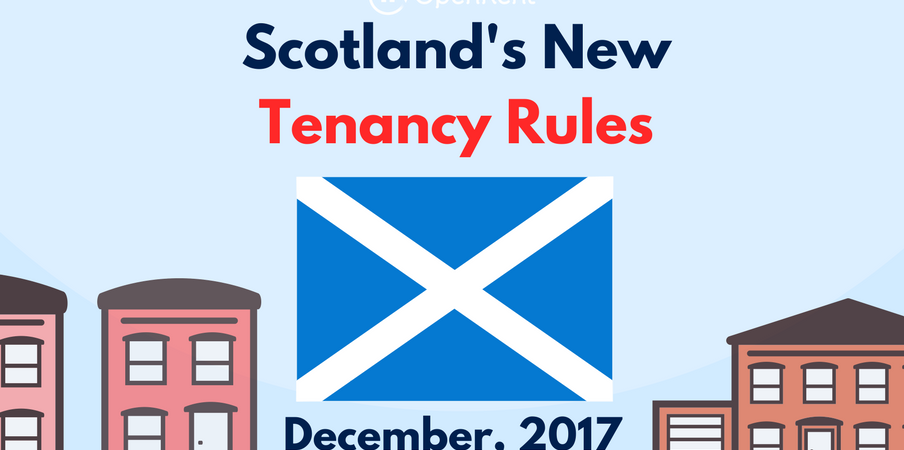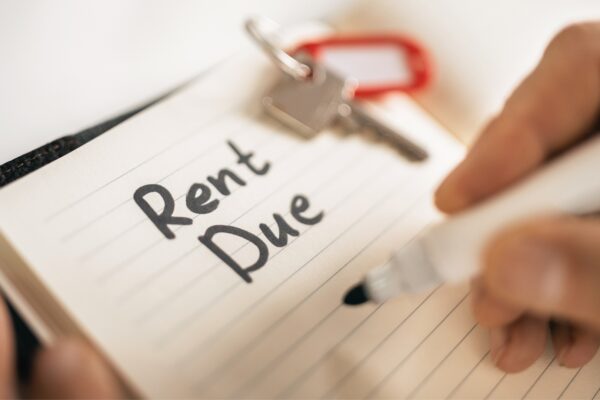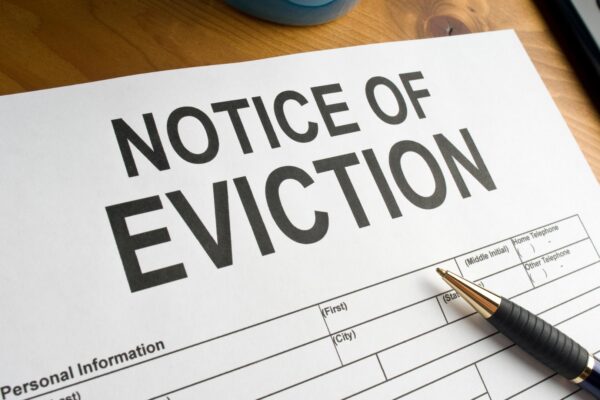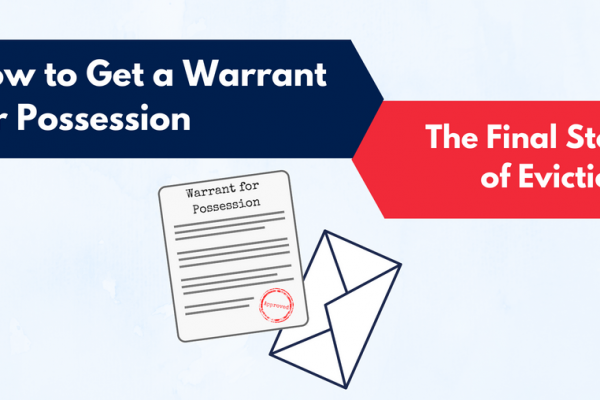On 1 December, Scottish landlords will no longer be able to sign a new Short Assured Tenancy. Instead, they will have to sign a new type of agreement to create a tenancy: the Private Residential Tenancy.
This agreement will give Scottish tenants new security and protections. Most importantly, it ends no-fault evictions by abolishing fixed-terms and giving tenants indefinite tenure, with strict new grounds for evicting a tenant. This is a huge change to the dynamic of the private rented sector in Scotland.
Summary of Changes for Landlords in Scotland
- Tenants have indefinite tenure
- Tenants can only be evicted on one of 18 grounds (full list below)
- 84 day minimum notice period
- Notice to Quit process scrapped and replaced with new Notice to Leave process
- Controls on rent increased
- Only one increase permitted per year
- Three months’ notice required before increase
- Disputed increases can be referred to a rent officer
Indefinite Tenure & New Grounds for Eviction
Private residential tenants (i.e. those on the new kind of contract) have indefinite tenure. That means there’s no minimum term after which a landlord can serve an unqualified notice to quit.
This is the end of no-fault evictions – where a tenant can be asked to leave without having broken the contract and without the landlord needing to sell, move in, etc.
To evict a tenant from a Private Residential Tenancy, landlords will now have to serve notice to leave based on one of 18 new grounds for eviction.
18 New Grounds for Eviction for Scottish Tenants
If evicting a tenant, landlords must persuade the First-tier Tribunal that one of the following 18 grounds exist. Based on this, there are two kinds of grounds for eviction:
- Mandatory Ground for Eviction are grounds where, if the First-tier Tribunal agrees the grounds exit, eviction is mandatory; i.e. the tenant must leave
- Discretionary Grounds for Eviction are grounds where, if the First-tier Tribunal agrees the grounds exit, the Tribunal can still decide whether or not it is reasonable to evict the tenant
In addition, there are two grounds around rent and employment which can be either mandatory or discretionary depending on the details.
Mandatory Grounds for Eviction in Scotland
1. The landlord intends to sell within 3 months of the tenant leaving
2. The landlord’s lender is going to repossess and sell the property
3 .The landlord intends to refurbish the property, and the work will be too disruptive to live in the property
4. The landlord wants to move into the property
5. The landlord wants to let the property for another purpose (I.e. repurposing for non-residential use)
6. The property is required for a religious worker (and the property has previously been used in this way)
7. The tenant has a relevant criminal conviction (e.g. they committed a crime within the property)
8. The tenant is no longer using the property as their main home
Discretionary Grounds for Eviction in Scotland
9. The landlord’s family member intends to move in
10. The tenant no longer needs supported accommodation
11. The terms of the tenancy agreement have been breached by the tenant
12. The tenant has engaged in antisocial behaviour
13. The tenant has associated in the property with a person with a criminal conviction or who is antisocial
14. The landlord has had their registration refused or revoked
15. The landlord’s HMO license has been revoked
16. The landlord has been served an overcrowding statutory notice
Mandatory or Discretionary Grounds for Eviction
17. The tenant is in rent arreas for three consecutive months
18. The tenant has stopped being, or failed to become, an employee (of the landlord)
Longer Notice Periods for tenants
The new rules for landlords giving notice are based on whether the tenancy has been running for six months.
- If the tenancy has been in place for less than six months, then the notice period will be a minimum of 28 days
- After six months, this shoots up to a minimum of 84 days (which is 12 weeks)
There are some exceptions to the above. After six months, 28 days’ notice can be given if the landlord is using grounds 7, 8, 11, 12, 13 or 17.
Changes on Rent Increases in Scotland
For the new private residential tenancies, landlords will only be permitted to raise rents once every 12 months. There is a special Rent Increase Notice form that landlords must use when increasing rents. To increase the rent, the form must be served to the tenant three months ahead of time.
Tenants can refer the rent increase to a rent officer if they think the rise is too much. The rent officer will then make a judgement. They can agree with the tenant and reduce the rent increase, but they can also decide that the rent rise is not high enough, and increase the rent further.
The New Private Residential Tenancy Agreement
You can see an example of the Scottish Government’s New Model Tenancy Agreement here.
Landlords setting up new tenancies will have to give tenants a copy of the contract by the end of the day that the tenant moves in. This can be done electronically or on paper.
What about my existing Short Assured Tenancy?
Any existing short assured or assured tenancy will continue to run until one party serves notice to quit.
What about renewals?
If your short assured tenancy provides for contractual renewal, this can also continue until either party serves notice.




Start the discussion at community.openrent.co.uk